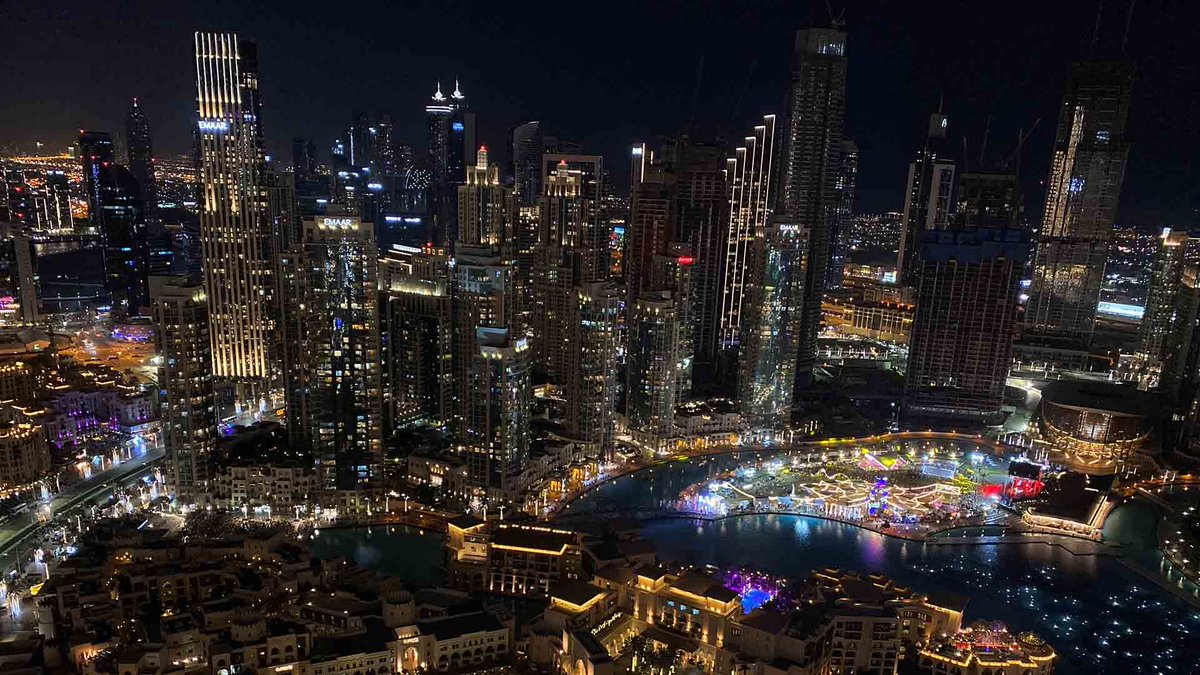An underground network of suspected sex traffickers has taken refuge in the UAE, anti-trafficking activists and officials say. A new installment of #TraffickingInc, an ICIJ-led reporting collab, exposes broken systems that allow sexual slavery to thrive. 🧵bit.ly/43EO0IT
2/ Emirati authorities say any suggestion that the UAE “tolerates human trafficking or that it has little regard to the victims of this heinous crime is utterly false,” describing such allegations as “baseless and without foundation.” #TraffickingInc bit.ly/43EO0IT
3/ Sex trafficking is an open secret in the UAE, reporting by ICIJ and @Reuters found. #TraffickingInc bit.ly/43EO0IT 

4/ Most of the 25 African women interviewed for this story said they were promised other types of work. Some said they chose sex work but were trapped in situations in which they were abused, their earnings were stolen and they were unable to get away. bit.ly/43EO0IT 

5/ Accused sex trafficker Christy Gold flaunts her glamorous lifestyle and gold jewelry business on social media. Gold fled trafficking charges in Nigeria. She denied wrongdoing in a statement to the court: “I am not involved in human trafficking.” bit.ly/43EO0IT 

6/ Gold forced women into prostitution in brothels, backstreets, bars, hotels and dance clubs, according to Nigerian government officials and others. Three women said Gold warned them that if they didn't comply they’d be killed and dumped in the desert. bit.ly/43EO0IT 

7/ The UAE’s sex industry is shaped by the country’s distinctive demography and economy: nearly 90% of the population comes from abroad and 69% is male. The bustling sex trade is a way of pacifying male workers, two former diplomats said. bit.ly/43EO0IT 

8/ UAE authorities say they have a zero-tolerance approach to prostitution and sex trafficking. But flyers for brothels disguised as massage parlors litter many parts of Dubai. Spas, dance clubs and bars are filled with sex workers. bit.ly/43EO0IT 

9/ Trafficked women say UAE authorities offer them little help. A 25yo in Dubai said she fled a brothel for a nearby police station but an officer took her back to her trafficker. In Abu Dhabi, a 23yo said an officer told her, “Go to where you came from.” bit.ly/43EO0IT 

10/ ICYMI: #TraffickingInc uncovers the people, companies, and business practices that profit from different forms of coerced labor across borders — and the well-known employers and entities that human trafficking is linked to. bit.ly/43CTX9o
11/ A previous #TraffickingInc investigation co-reported by ICIJ, @washingtonpost, @NBCNews and @ARIJNetwork revealed that many foreign workers for defense contractors on U.S. military bases in the Gulf are trapped by abusive employment practices. bit.ly/3FiS601
12/ ICIJ partner @GBH investigated human trafficking in Massachusetts, exposing flaws in U.S. protections for trafficked workers and authorities’ failures to punish labor traffickers who prey on vulnerable workers. bit.ly/3CnZt3x
13/ Got a story tip, lead or leak you want to share with ICIJ and the global reporting team behind #TraffickingInc?
Get in touch at traffickinginc@icij.org or explore other ways to contact us securely. 🕵️♀️ bit.ly/340EjpW
Get in touch at traffickinginc@icij.org or explore other ways to contact us securely. 🕵️♀️ bit.ly/340EjpW
14/ More #TraffickingInc stories will be published by ICIJ and media partners in the coming weeks. Stay tuned! 📰
📧 Sign up for our *free* newsletter to get all of our new investigations in your inbox! bit.ly/33qPSsl
📧 Sign up for our *free* newsletter to get all of our new investigations in your inbox! bit.ly/33qPSsl
• • •
Missing some Tweet in this thread? You can try to
force a refresh

 Read on Twitter
Read on Twitter






